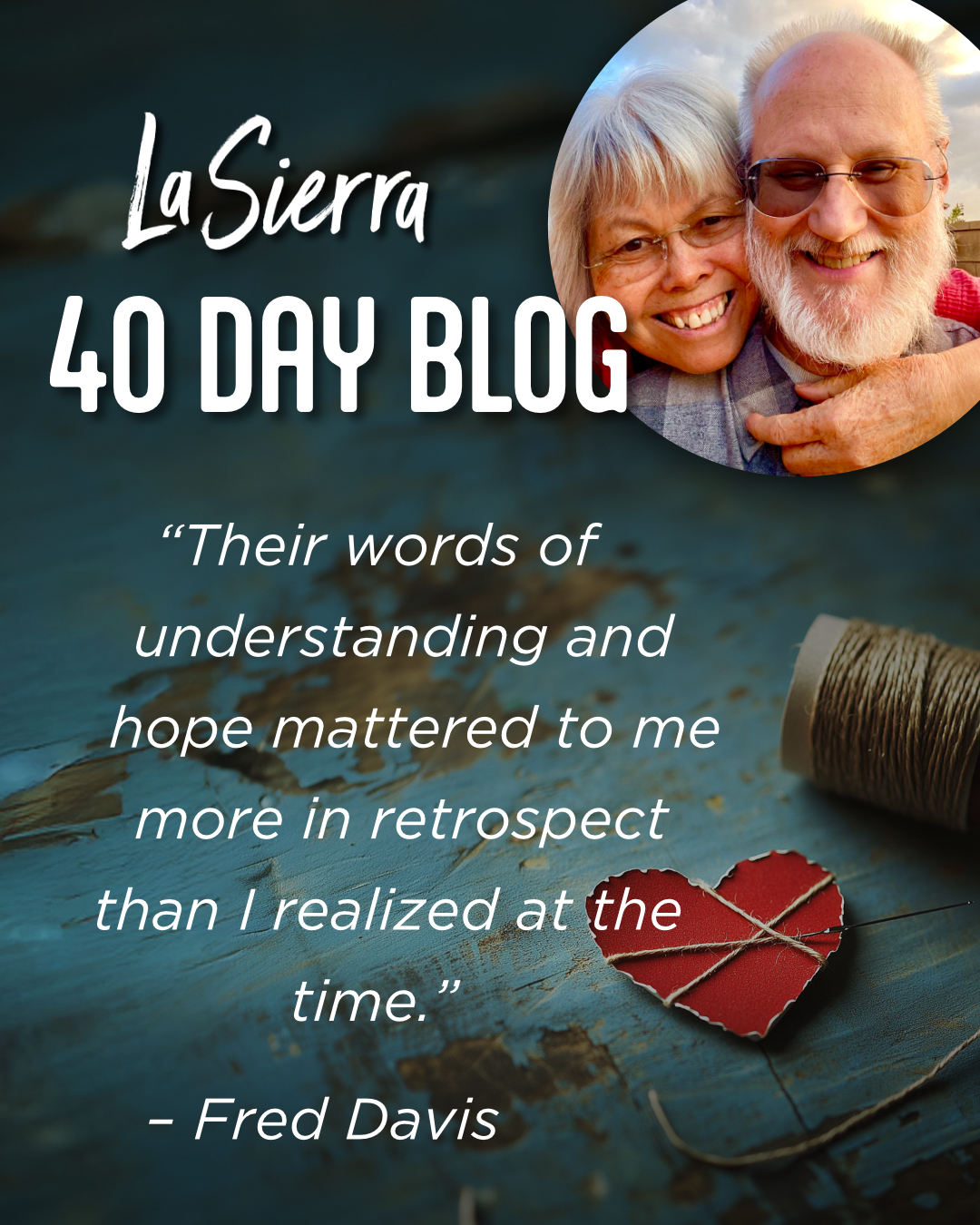“Rash words are like sword thrusts, but the tongue of the wise brings healing” (Proverbs 12:18, NRSV).
When I was four years old I woke up in hospital with no clue as to what was going on. I was ultimately diagnosed with a severe allergic reaction to almost everything around me. The list of things to which I was allergic was actually three columns wide on three pages. When it came to foods, it was easier to say what I was not allergic to than to list the things that had ostensibly put me in the hospital. While I’m sure I was told what was going on, I was not yet able to understand the words.
That hospitalization set me on a course of desensitization shots that were administered in my pediatrician’s office every Friday afternoon for the next three years. Of course, I did not understand this process at the time, and even now find the memories mildly traumatizing. I was about 20 years old when I finally figured out why I got a sick feeling in the pit of my stomach every time we would drive past that office building. No amount of explanation about the shots was of any comfort. So, while words matter, it seems that some words get lost in the noise of our anguish.
Among my schoolmates, there was a lack of understanding about my special diet due to my allergies, and the commensurate teasing that typically accompanies such. At the same time, the long-term effect of those allergies was and remains a persistent case of atopic eczema that left my hands with raw knuckles that often oozed and bled. It is difficult for a six or seven-year-old to resist the need to scratch what itches uncontrollably. There is, among church school kids, an unusual familiarity with the concept of a terrible skin disease as described in our many Bible stories about lepers healed. Hence, it was also difficult for kids in an Adventist school to avoid the question, “Is that leprosy?” My heart would sink each time I heard the question because no one seemed to understand my answer. It felt a little ostracizing. Words matter, sometimes a lot.
I was born into an Adventist home. Third generation on my maternal side and fifth generation on my paternal side. There was weekly attendance to both Sabbath School and church. My parents sang in the church choir, and were responsible for various Sabbath School classrooms as I grew up. There were other, close family members nearby who were part of the village it takes to raise a child in the church. But that in itself, was not really a source of serious comfort or healing for me. I knew I belonged; I never questioned it. That knowledge no doubt served as an anchor for me, but my physical oddity was so annoying that I often felt buried in a heap of discouragement. There were no specific words I can recall hearing that truly raised me up. But, I do recall quiet moments with one relative or another, or someone from church. Small words, brief encounters, were things that kept me floating through childhood.
My church village included some pseudo-family who were important in my early life. Everybody was Aunt this or Uncle that. I think I was fifteen by the time I realized that I was not, in fact, related to half of the congregation! This is a practice still in force in most Asian communities though we seem to have abandoned it in most of western culture. The loving kindness of some of those extra-familial aunts and uncles though, was no small part of my spiritual sustenance throughout my childhood and youth. Their words of understanding and hope mattered to me more in retrospect than I realized at the time.
Another story. He was not my mother’s biological father, but he was the only father she had ever known, and the one grandfather I really knew. When I got to be about 13 or 14, Grandpa would sit and discuss theology with me over breakfast. If I asked him for some resources for a paper or project for one of my Bible classes at breakfast, he’d have two or three books set aside with bookmarks by the time I got home from school. Those conversations definitely mattered to me.
When I was 18 years old, my maternal grandfather died in a hiking accident. It seems he slipped on some loose gravel on the side of the trail while hiking in Death Valley where he had gone on a personal spiritual retreat. He ended up at the bottom of a 50 foot high cliff with no visible signs of struggle. What words of healing come to mind? None, really.
And yet, I was studying Art at the time I lost Grandpa. About a month after the event, during a Watercolor class, the teacher, Vernon Nye, noticed that I was struggling. Mr. Nye spent most of the three-hour class with me, talking quietly about how struggle and tragedy can impact our work as artists while he patiently crafted a wonderful watercolor painting on my paper, using my paints and my brush: subtly teaching life as well as artistic technique. I don’t recall any of the specific words of wisdom and encouragement, but I know that his time and words mattered.
How many more stories could I tell? But I think you may see a pattern already. In my nearly 70 year walk with the Lord, He has always chosen to speak to me quietly, using the voices of family and friends, teachers, colleagues, and sometimes even my students. Their words have mattered in my life.
Our words matter. I pray for wisdom to use them carefully in support of one another.
Fred Davis is a retired educator who enjoys his time with family, singing with the William Chunestudy Men’s Chorus, and participating in the Liturgical Service at the La Sierra University Church.

